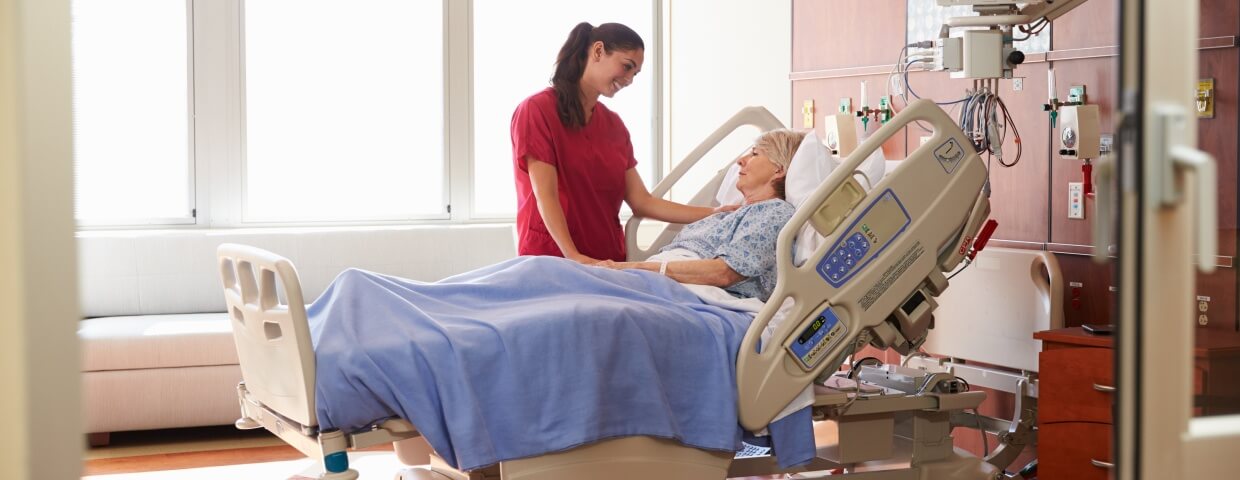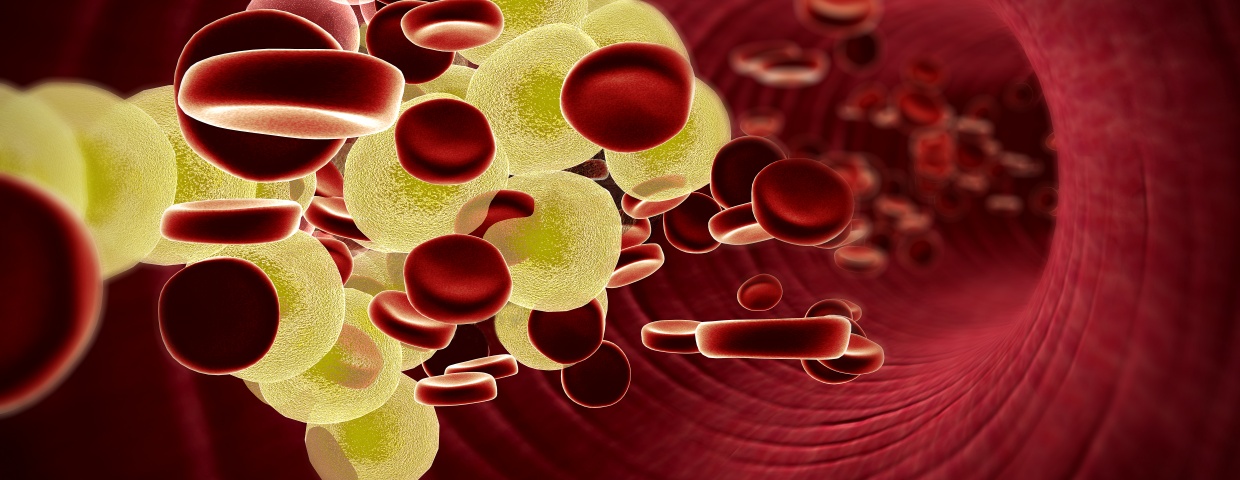What To Expect During Heart Surgery Recovery
The period after heart surgery is important for every patient. The healing period looks different for every patient and for each surgery type, but there are a few things that you can expect during this time.
What You Might Experience
While everyone's recovery is unique, there are many experiences and situations that are common to nearly everyone.
Sleep Irregularities
You may have fatigue after the surgery, but that doesn't always translate into better sleep. You may have trouble getting to sleep and sleeping through the night for a number of reasons. One of the common reasons for this is some pain from the surgery. Taking the medication as prescribed at regular intervals allows you to keep much of the pain away. A Heart Hugger is another solution to help combat pain after heart surgery.










